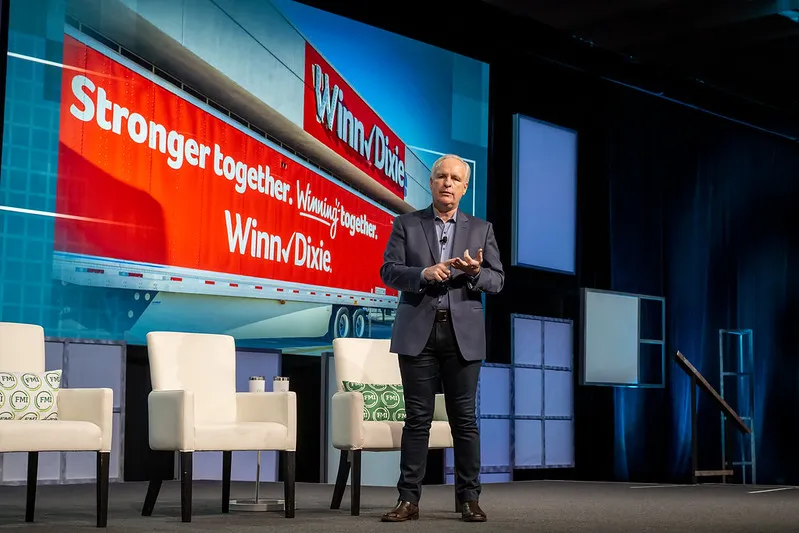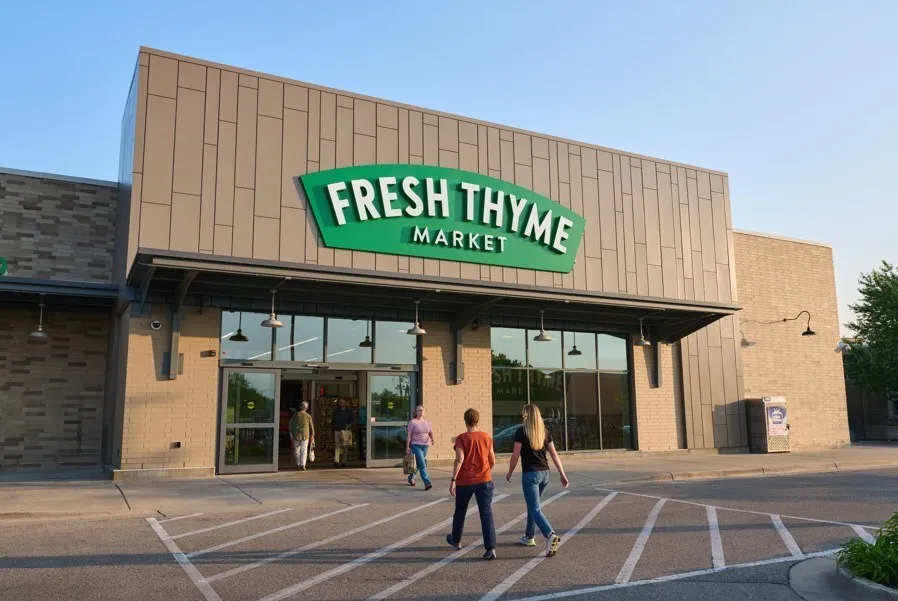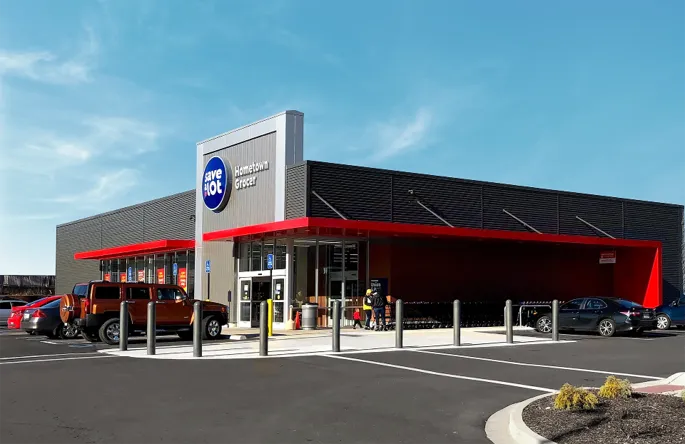Craig Boyan and Anthony Hucker, two of the retailers who spoke at the FMI Midwinter Executive Conference in Orlando, Fla., last month, offered particularly astute assessments of the state of the grocery business and the issues that now confront supermarket operators.
 After praising the industry’s proven ability to adapt to changing conditions — an especially useful skill set during the COVID pandemic — Hucker, president and CEO of Southeastern Grocers and chairman of the conference, talked about the road ahead. “We continue to face historic challenges,” he said. “The resilience of our supply chain has been tested. We have felt it bending, but it never broke.
After praising the industry’s proven ability to adapt to changing conditions — an especially useful skill set during the COVID pandemic — Hucker, president and CEO of Southeastern Grocers and chairman of the conference, talked about the road ahead. “We continue to face historic challenges,” he said. “The resilience of our supply chain has been tested. We have felt it bending, but it never broke.
“The needs and expectations of our customers, all of whom are struggling with the weight of the worst inflationary pressure in nearly half a century, have made glacial shifts. They’re counting on us for value to stretch their dollars, convenience to simplify their increasingly complex schedules, and products that meet at the intersection of quality, nutrition, affordability and sustainability.”
If that weren’t enough, he cited a “crippling labor shortage,” characterizing it as “one of the most notorious challenges” for the industry.
Following Hucker’s remarks, a panel drilled down on some of the most pressing issues. Boyan, CEO of H-E-B, was particularly insightful about the uncertain economic environment. With COVID-related stimulus spending a thing of the past, persistent high inflation, and rising interest rates, supermarkets must contend with new realities.
“We all worry about what happens when consumers run out of fuel,” he said. “Savings rates are now at a 17-year low. Credit card and household debt is now growing faster than it has in the last 15 years. We’ve added $2 trillion in household debt from pre-pandemic levels. And so the household has been living on this balance sheet they built up for the last few years. So what happens when that runs out?
“It’s very reasonable for us to assume that growth in consumer spending in 2023 and beyond is going to be slower than the last three years. It is incumbent on everybody in this room and this industry to find ways to help the average household that’s under massive economic pressure.
“What are the things that we need to do to fight on behalf of the pressure they’re under? That’s going to be a totally different mindset than what we had over the last three years.”
That’s a tall order in an environment in which reverberations from COVID-era supply chain disruptions and the war in Ukraine are evident, the labor market remains tight, and the cost of doing business continues to increase. Success will require a clear understanding of what’s at stake and what needs to be done. Boyan and Hucker gave the FMI audience a solid foundation to build on.






